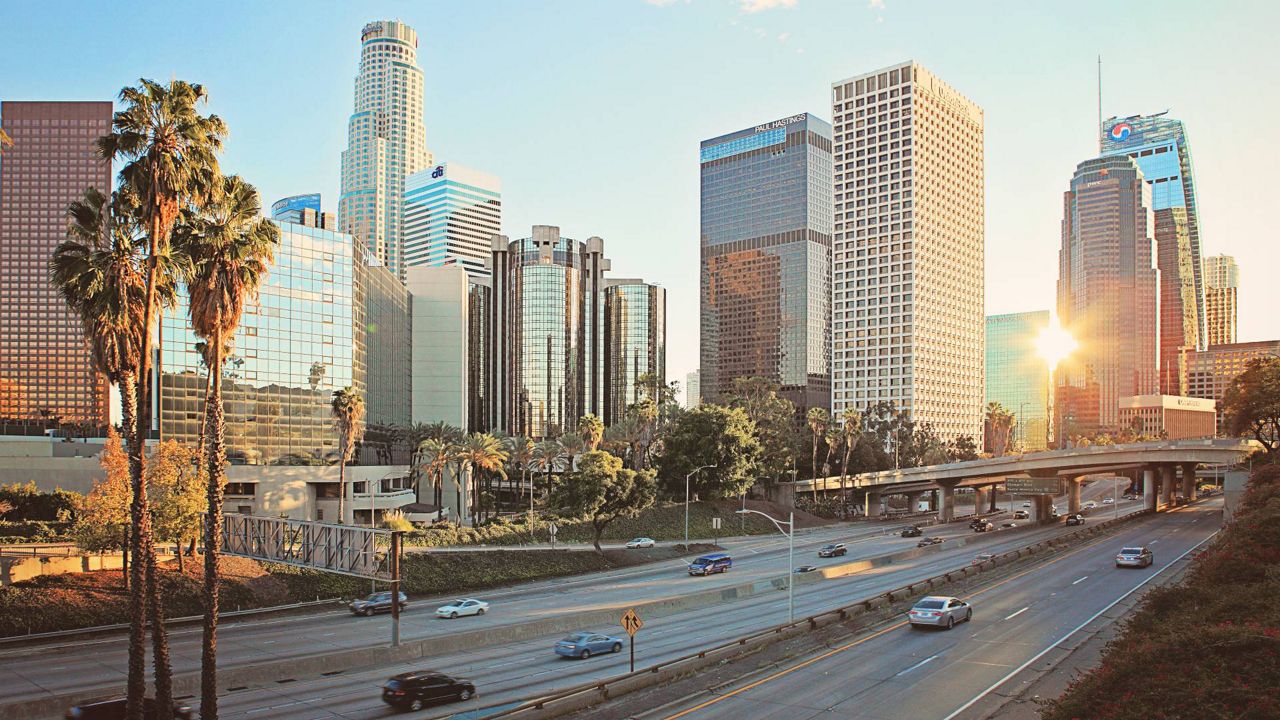LOS ANGELES (CNS) — As part of Los Angeles' work to reckon with mistakes and wrongdoings in the city's history, officials announced for Indigenous Peoples' Day Monday the "Indigenous LAnd Initiative," which includes the removal of Father Junípero Serra's name from a downtown park across the street from Union Station.
Mayor Eric Garcetti, Councilman Mitch O'Farrell and Councilman Kevin de León spoke from La Plaza Park, formerly Father Serra Park, alongside leaders of the Gabrieleno/Tongva Band of Mission Indians and the Fernandeno Tataviam Band of Mission Indians.
The park will be called La Plaza Park until a new name is officially adopted.
The initiative will rename landmarks and places in Los Angeles, starting with the park, as well as create an Indigenous Cultural Easement at the park and other areas across Los Angeles to give local indigenous people spaces to practice traditional ceremonies.
Serra was a Catholic priest from Spain who established California's mission system and sought to baptize Native Americans. His sainthood in 2015 was protested by Native Americans, citing that indigenous people were brutalized, beaten and forced into labor for the missions.
"Los Angeles is a city of belonging that takes responsibility for the mistakes we've made in the past," Garcetti said. "Our indigenous brothers and sisters deserve justice, and today we take a step toward delivering both greater cultural sensitivity and spaces for Angelenos to gather and perform their traditional ceremonies."
The Indigenous LAnd Initiative will also create an effort to rename the Christopher Columbus Transcontinental Highway. O'Farrell, who is a member of the Wyandotte Nation, will introduce the process to rename the highway through a City Council resolution.
"All land is indigenous," said O'Farrell. "With the Indigenous LAnd Initiative, for the first time ever, we are putting Native American communities at the center of decision-making on issues related to our history and our future."
There are 160,000 members of the American Indian and Alaska Native communities in Los Angeles, the most of any urban area in the nation, according to a motion that O'Farrell introduced in June, aimed at having the city begin steps to issue a formal apology to its indigenous communities.
That initiative will be undertaken through the Indigenous LAnd Initiative, as well, along with an effort to update the city's seal and flag to represent local tribes.
"These policies have the promise of being truly transformative. We look forward to working with residents and city leaders to build a better future for Native communities across Los Angeles," said Rudy Ortega, Jr., the Tribal President of the Fernandeno Tataviam Band of Mission Indians.
The Indigenous Cultural Easement was recommended by the Civic Memory Working Group, which Garcetti convened in November 2019. The group — made up of over 40 historians, architects, artists, indigenous leaders, city officials, scholars and cultural leaders — worked with community leaders, including LA City/County Native American Indian Commission's Executive Director Alexandra Valdes, to create civic memory recommendations in its 166-page report.
"We are on the traditional homelands of the Gabrieleno/Tongva people, but in recent centuries we have too often been without a voice," said Anthony Morales, chair of the Gabrieleno/Tongva Band of Mission Indians.
"At long last, the voices of Native Americans are being heard, and Los Angeles is listening. Today, we take steps toward healing our lands and providing better representation for the descendants of the original inhabitants of Los Angeles."



